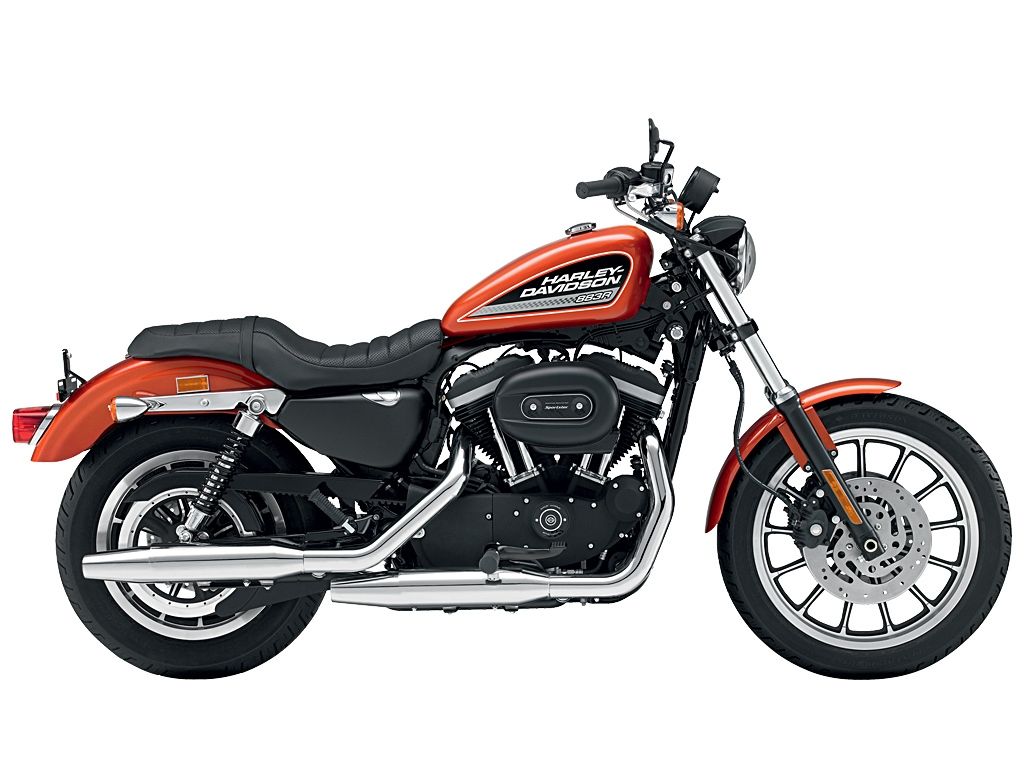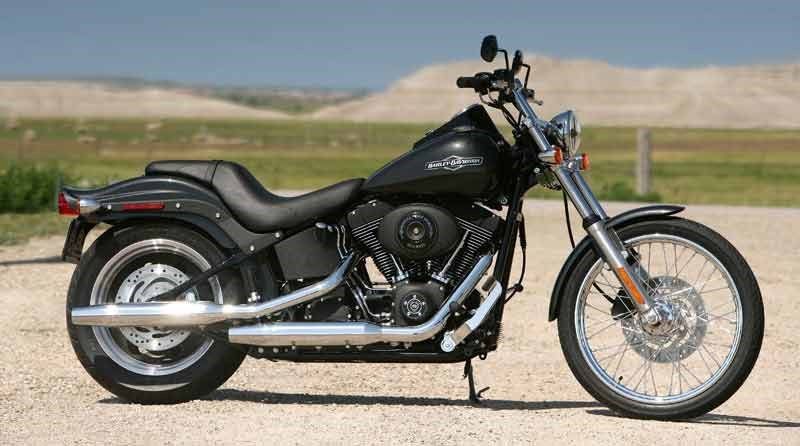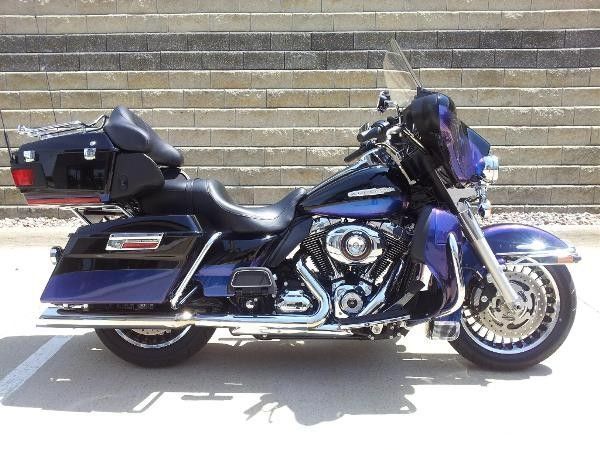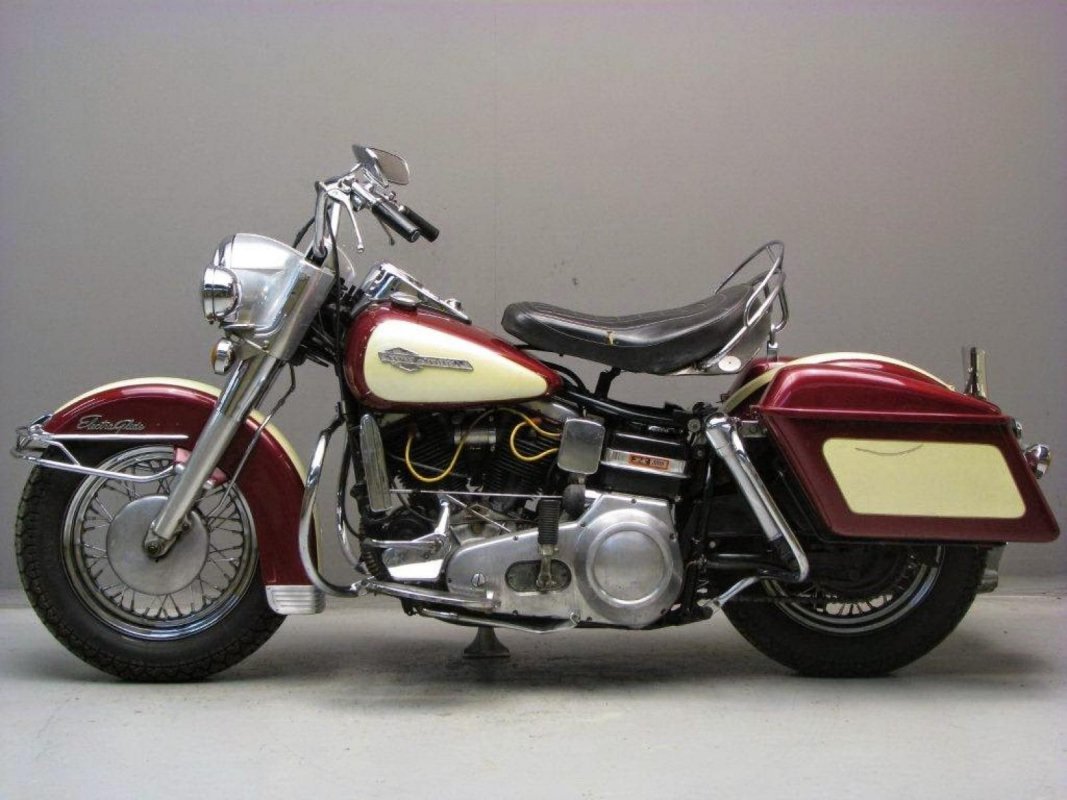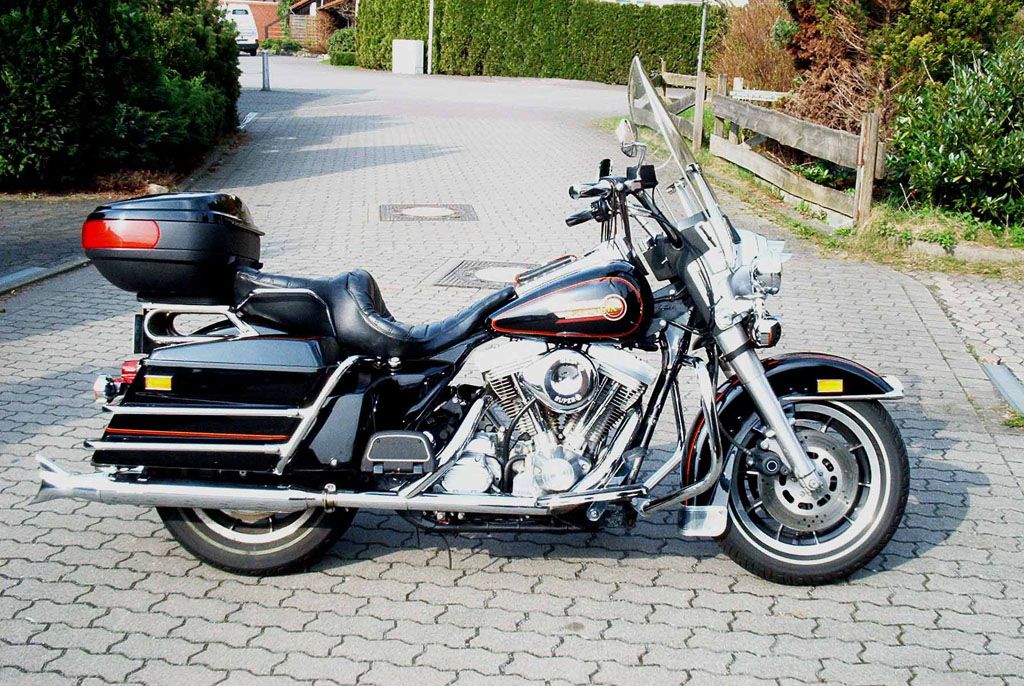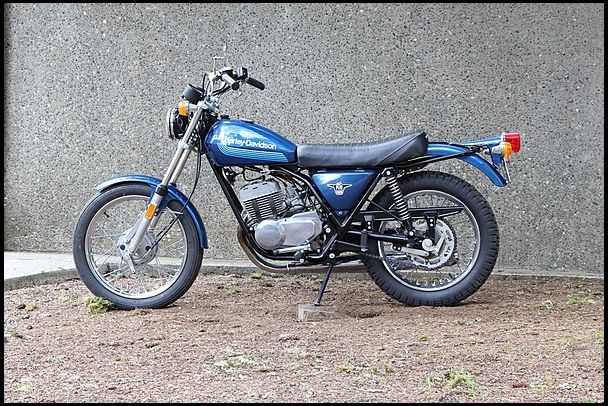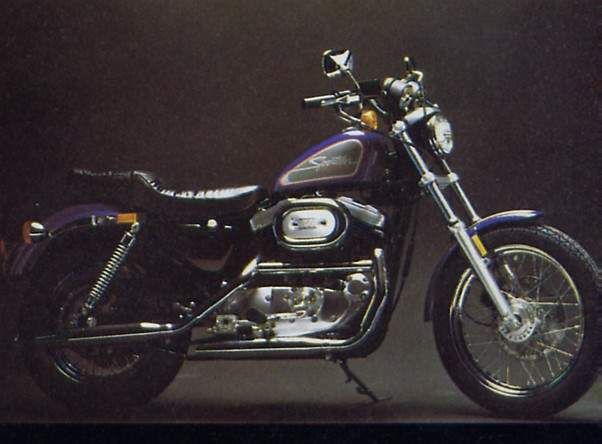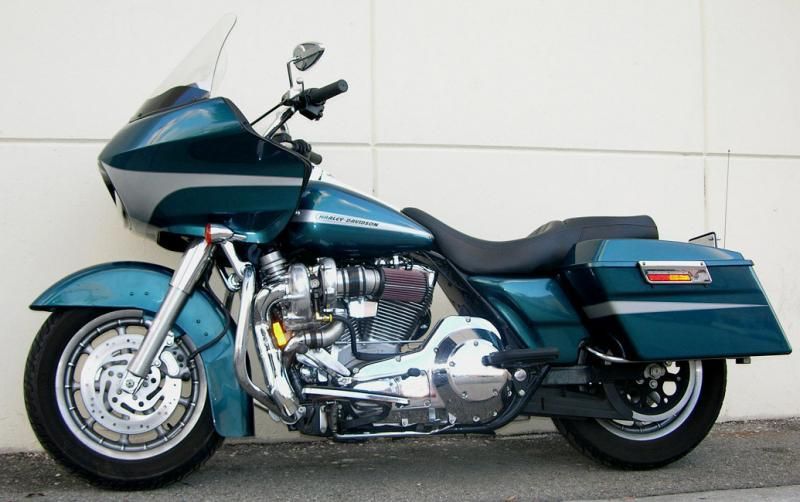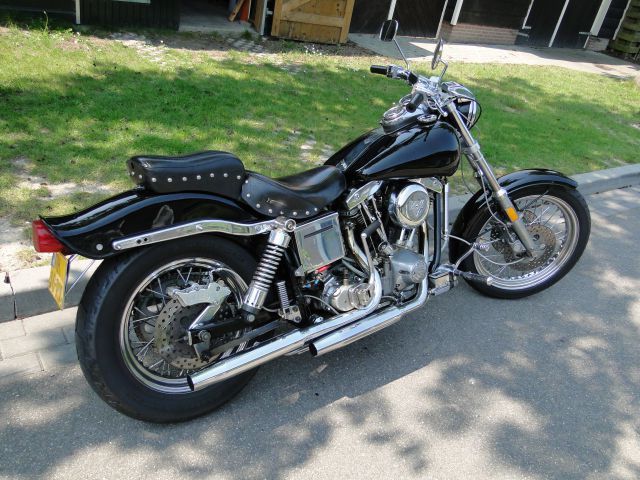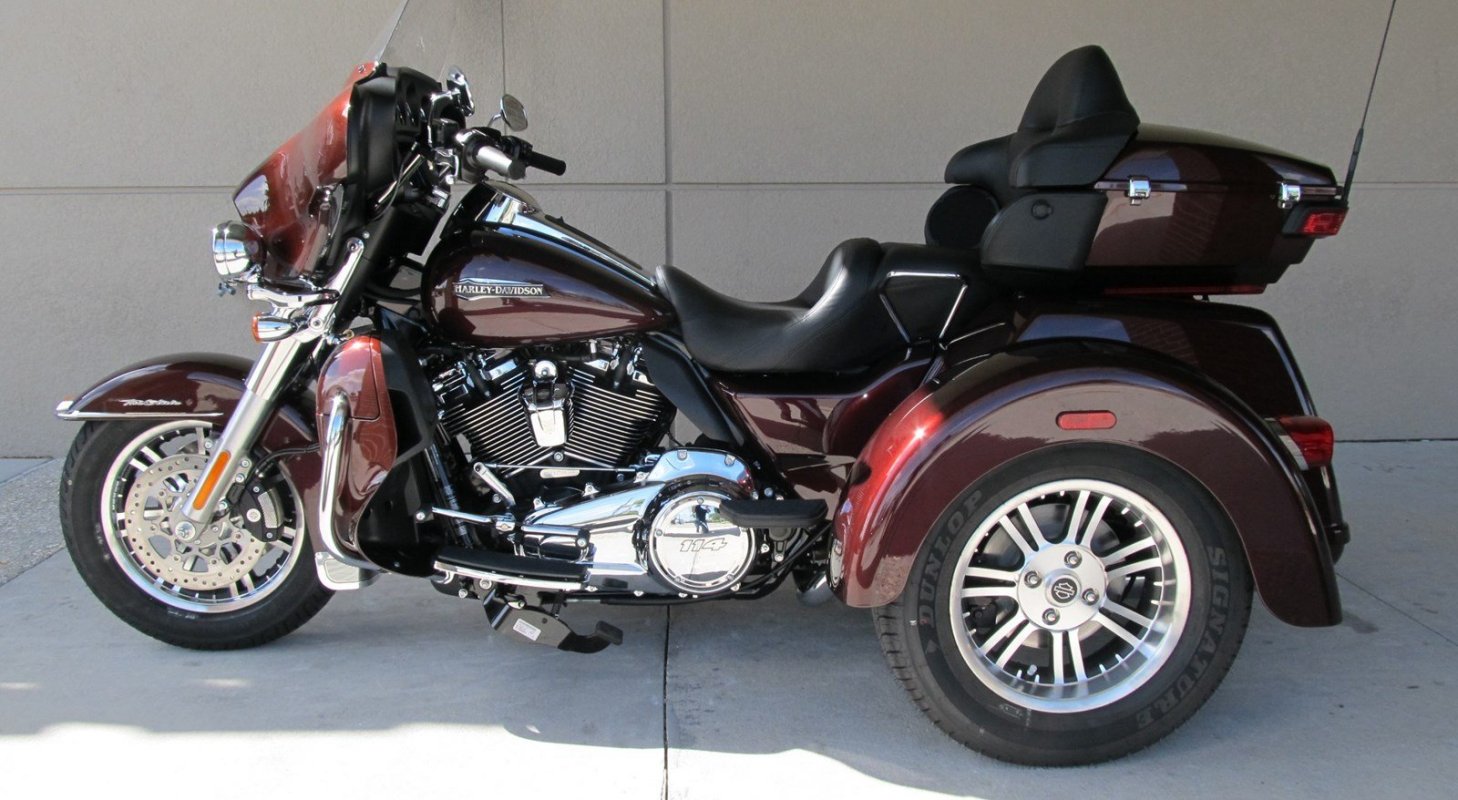Models
brand story
Philosophy
The technology of the best classic Harley-Davidson motorcycle models has made significant progress in terms of quality, durability and reliability. The advertising strategy emphasizes first and foremost the character and value of the moto products: "We sell a lifestyle - the bike is free of charge". Thus, Harley-Davidson finally became a cult motorcycle brand and positioned its products in the premium sector. Today there is a catalogue of moto models distinguished by the frame, engine cycle, suspension and a list of other characteristics. More information about those motorcycles can be found on the official website.
Brand story
Harley and Davidson built their first bike in 1904 and founded the joint venture in 1907. This makes Harley-Davidson the fourth oldest motorcycle brand in the world under which bikes are still produced - after Husqvarna, Royal Enfield and Triumph. However, these three brands have significantly larger discontinuities in their history than Harley-Davidson. They were partly completely missing from the bikes’ market and until today. Unlike Harley-Davidson which have only the brand name in common with the original companies. Many sales were generated by Uncle Sam, with the American military sourcing Harley motorcycles during the First World War.
Engine development edit
In the course of the company's history, Harley-Davidson presented numerous motorcycle generations of engines that continuously incorporated technical innovations to the bikes. Although other designs have been and are being made, a two-cylinder V-engine with 45-degree cylinder angle and fork shank is now considered the classic Harley-Davidson engine cycle.
Production began with a single-cylinder engine mounted in a bicycle-like frame that directly powered the rear wheel via a belt. He had neither a gearbox nor a clutch. The motorcycle ignition was powered by a battery, from 1909 magneto ignition were used. The designers placed great emphasis on stability and quality, which earned the Harley-Davidson machines the reputation of reliable everyday equipment. In 1906, the production of the machines was named due to their gray color and good silencing "Silent Gray Fellow" with 350 cc and reached 50 pieces per year.
In 1909, the first two-cylinder engine was constructed, the Model 5D. However, because they wanted to install the two-cylinder in the same frame as before a compact design was required. After 27 motorcycles the model 5D was discontinued, since one did not master the problems.
For motorcycle year 2007, Harley-Davidson launched a heavily revised version of the Twin Cam 88 engine, the Twin Cam 96 engine, in the Dyna, Softail and Touring ranges. The use of new camshafts promises longer durability and smoother running thanks to new drive chains and roller bearings. Also they have the new speed-dependent variable intake and exhaust control. The new engine is the first Big Twin to meet the stringent emission requirements of the Euro 3 standard.
At the same time, all Big Twins get the six-speed CruiseDrive transmission for motorcycles, an overdrive cassette gearbox (6th gear = speed-reducing low gear), helically meshed in the lower four gears, introduced in 2006 in the Dyna models. The power is in the homologated version for Europe 52 kW / 71 hp at 5,300 / min; a maximum torque between 117 Nm stands at 3,200 rpm (Softails) and 122 Nm at 3,000 rpm (Dyna model/ Touring)

